What is the Most Expensive Day to Get Married? Exploring Costs and Traditions
Choosing the perfect day for your nuptials often involves balancing dreams with budgets. Many naturally gravitate towards Saturdays due to convenience for guests, but this can come with a hefty price tag. The most expensive day to get married is generally a Saturday, when venues and vendors are in high demand.
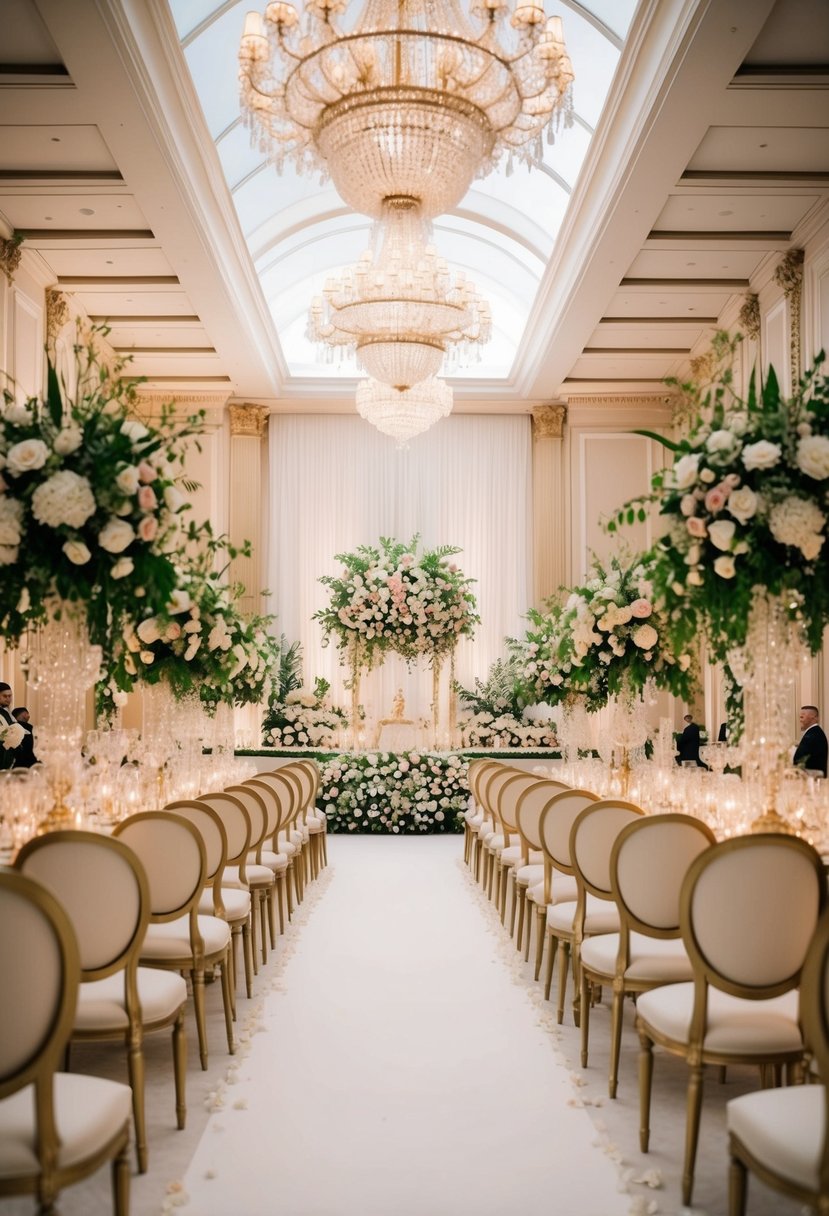
Opting for a weekday can substantially reduce costs. Days like Tuesday and Wednesday are less popular for weddings, which can lead to lower rates for venues and other services. Planning your wedding date during off-season months like January or February can also offer significant savings.
Besides cost considerations, think about what feels right for you and your partner. Whether you choose a weekend or a weekday ultimately depends on your priorities and the experience you wish to create for your special day.
Understanding Wedding Seasons
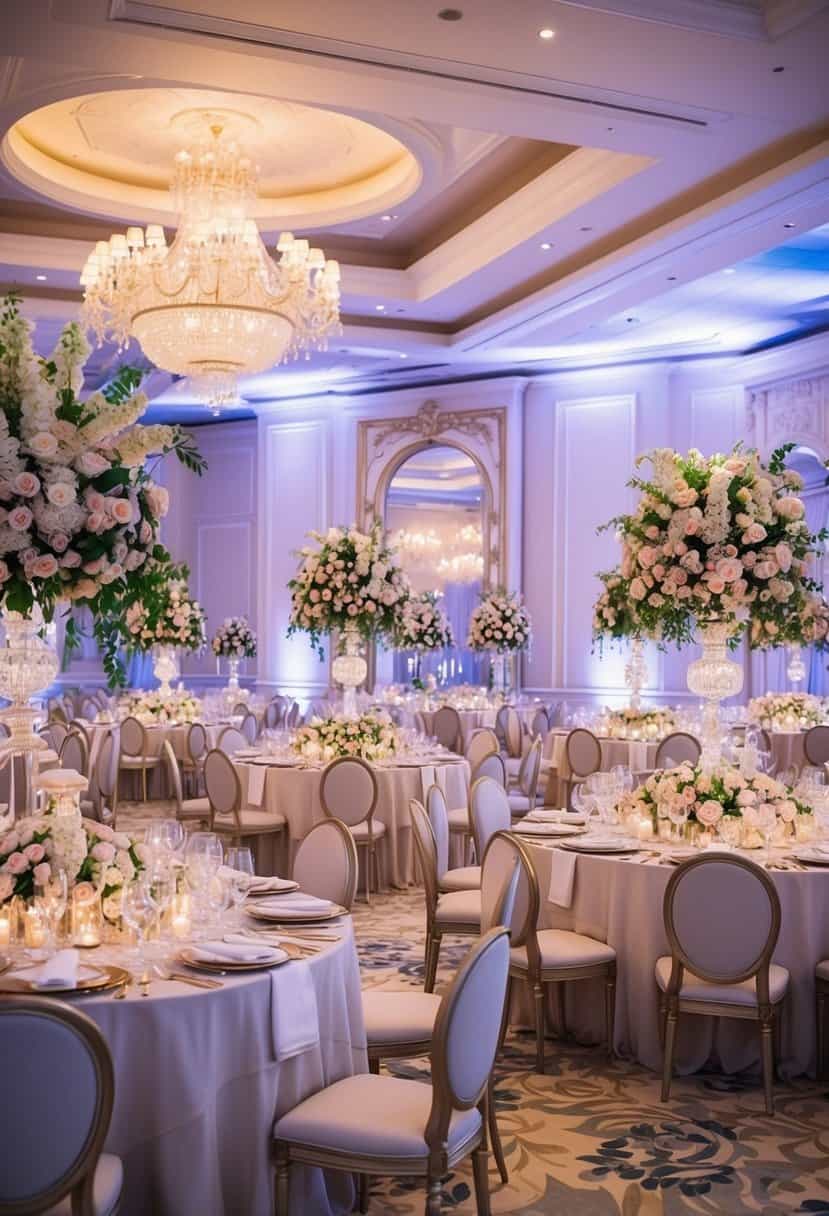
Wedding seasons affect not only when couples choose to get married but also the cost and availability of venues and services. Some months see more weddings due to favorable weather, while others are quieter and often less expensive.
Peak Wedding Season
The peak wedding season typically runs from late spring to early fall. During this time, you’ll find many couples choosing to tie the knot. This is primarily due to the temperate weather, which is ideal for outdoor ceremonies and receptions.
May to October is usually the busiest period for weddings. In these months, venues, photographers, and caterers are frequently booked in advance. You might find that prices are higher during this time due to increased demand. With so many couples wanting to get married in peak wedding season, securing your desired date requires some planning.
Off-Peak Wedding Times
Off-peak wedding times can offer you significant savings. These periods generally fall outside the main summer months, when fewer weddings occur. Winter months, like December through February, often see a drop in wedding events.
Fewer couples plan weddings during the colder months, which means venues and service providers may offer lower rates. If you’re open to a winter wonderland wedding, or perhaps a cozy indoor gathering, planning your event during the off-peak can not only save money but also give you more choices in terms of availability.
Popular Wedding Months
Popular wedding months are not only influenced by weather but also by specific holidays and cultural significance. September and October lead the most popular months for weddings, often thanks to pleasant weather and beautiful fall scenery.
Conversely, months like January are less popular and therefore more affordable. For those looking to save, planning during off-peak months could be beneficial. Choosing a month that suits your style and budget is essential. Temperature, availability, and cost are all factors you should consider when deciding on the perfect month for your special day.
Factors Affecting Wedding Costs
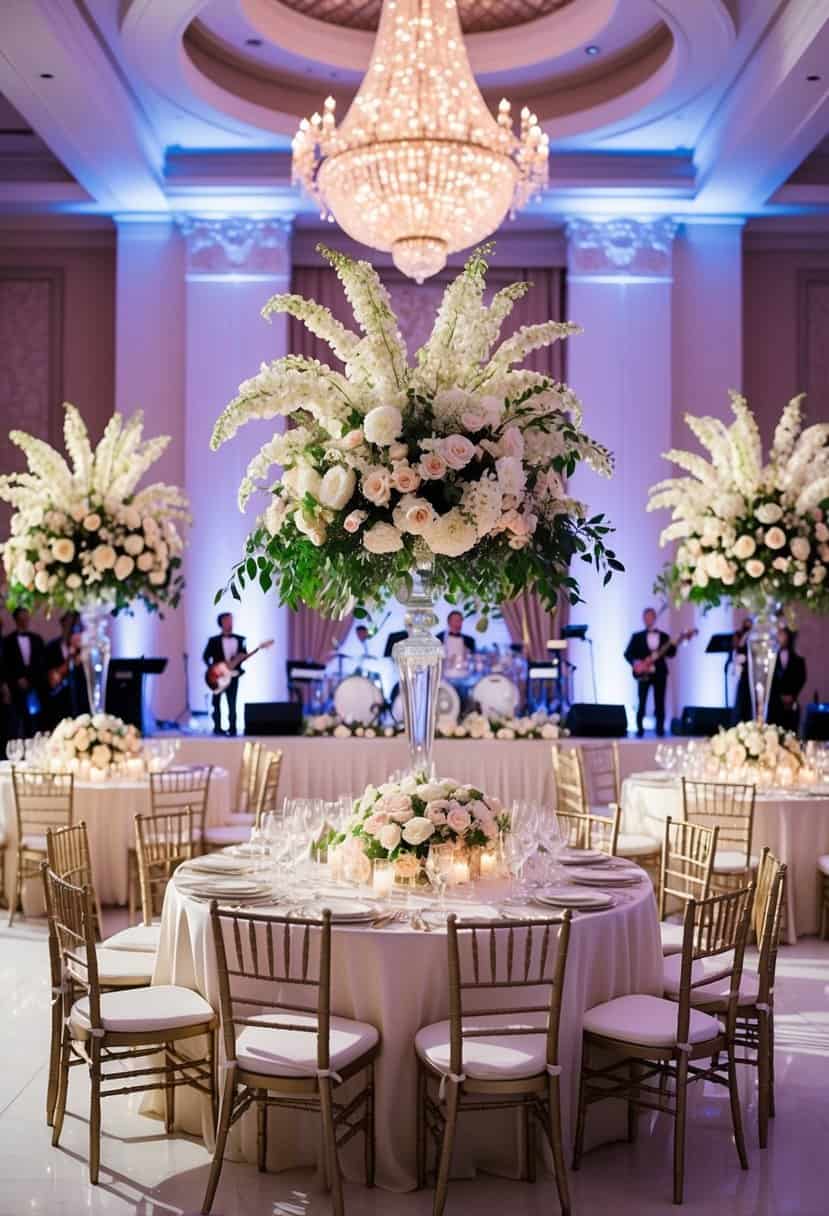
When planning your wedding budget, several crucial factors can influence the overall cost. Two key elements are the availability of venues and vendors, and the specific day of the week or holiday weekends you choose for your big day.
Venue and Vendor Availability
The availability of your desired wedding venue and vendors can significantly impact your wedding cost. Popular venues tend to book up quickly, especially during peak wedding seasons. This demand can drive up prices, and you might find yourself paying more to secure a spot.
Additionally, well-known vendors such as photographers, florists, and caterers may also charge premium rates due to their high demand.
To save on costs, consider holding your wedding during the off-peak season. During these times, venues and vendors often offer discounts or lower rates. You might also find it easier to negotiate packages that fit your budget better. Another option is to explore less traditional venues, such as parks or community centers, which may offer more budget-friendly pricing.
Day of the Week and Holiday Weekends
The day you choose for your wedding plays a big role in determining costs. Many couples prefer Saturday weddings, making it the most expensive day. However, opting for a weekday wedding can lead to significant savings. Venues often offer reduced prices for weekday events due to lower demand.
Holiday weekends may also come with increased costs. During these times, more people are likely to be hosting weddings or other events, driving up demand and prices for venues and services. If you aim to reduce costs, a Sunday wedding might offer a middle ground—still part of the weekend but usually less pricey than a Saturday.
Planning for Your Special Day
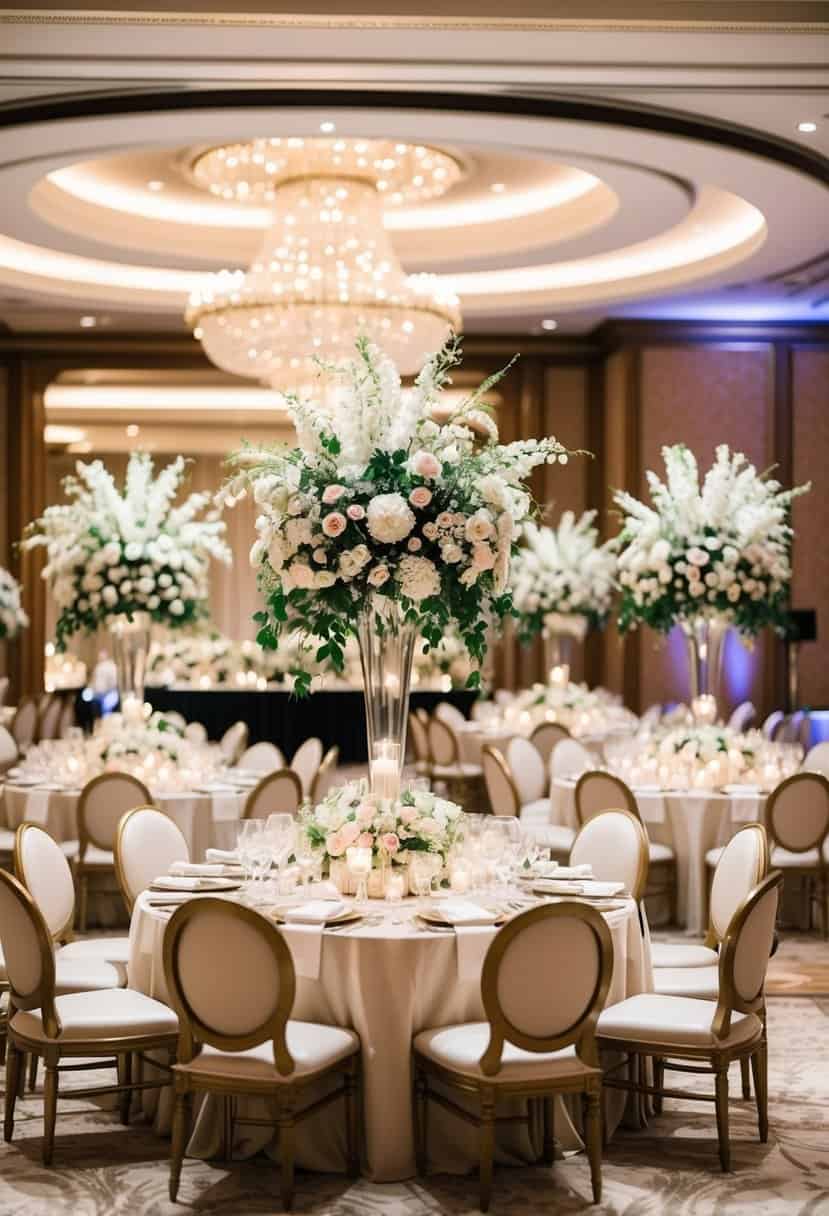
Organizing your wedding day involves many details, including hiring a wedding planner, choosing the right destination, and considering the weather. Paying attention to these elements will help ensure your day goes smoothly and is memorable for all the right reasons.
Working with a Wedding Planner
Hiring a wedding planner can make your journey to the altar much easier. A good planner can help manage your budget, find vendors, and keep everything on track. Communication is key here; be clear about your vision and budget. Planners often have connections that can secure discounts, which may help lower costs.
Planners also relieve stress by handling logistics. From scheduling to vendor coordination, they manage many details for you. This means you can focus on enjoying the process and the day itself. Many find that a planner helps make weddings in busier months, like June, much more manageable.
Destination Weddings
Choosing a destination wedding can be an exciting adventure for you and your guests. Consider picking a place that holds special meaning or offers stunning scenery. Common locations include tropical beaches or romantic European cities. Be sure to factor in travel costs for you and your guests.
You might also want to keep in mind the season of your chosen location. Destination weddings during hurricane season can be risky, so planning for weather-related issues is important. Sending out your wedding invitations early can help guests prepare in advance, and you might even arrange group bookings to reduce accommodation costs.
Weather Considerations
Weather plays a significant role in wedding planning. If you’re thinking of a summer wedding, like June, expect higher prices due to peak season demand. Fall weddings offer a charming atmosphere but require attention to the cooling temperatures and shorter days. Make sure your venue has suitable facilities to keep guests comfortable.
Winter weddings can be magical but might face challenges like snow or icy conditions. Be ready for potential travel delays for you and your guests. Planning a wedding in a location that regularly experiences severe weather, like during hurricane season, means having a backup plan for unexpected conditions. Keep your guests informed with clear communication in your invites and updates as needed.
Budgeting for Your Wedding
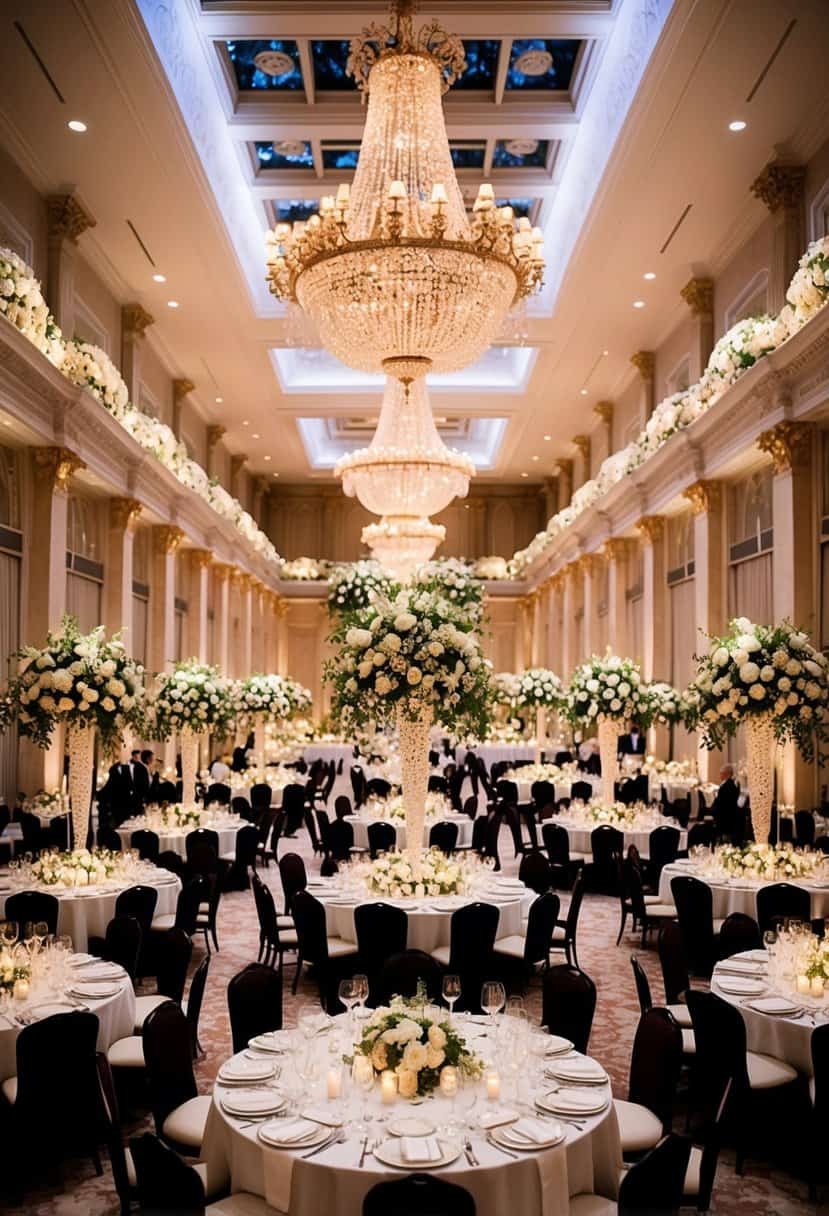
Planning your wedding involves organizing various expenses. Focusing on keeping costs low and taking advantage of seasonal price changes can help manage your wedding budget effectively.
Keeping Costs Down
One way to keep wedding costs down is by choosing less popular days to get married. Saturday is usually the most expensive day. Opting for a weekday wedding can help you save money. Venues and vendors often charge lower rates for bookings on days like Monday or Thursday.
Cutting back on the guest list also helps to reduce expenses. A smaller number of guests means less spending on catering and rentals. Consider borrowing or renting items like decorations or attire instead of buying them. This can help keep your wedding expenses under control.
Seasonal Cost Savings
Choosing the right season can lead to big savings on your wedding budget. Winter months such as December, January, and February are considered off-season for weddings. This means prices for venues and services might be lower.
Booking your wedding in these months might allow you to negotiate better deals. Another tip is to select a location where you can celebrate both the ceremony and reception. This helps to save on transportation and separate venue costs.
Leveraging these seasonal advantages can significantly cut your wedding costs and leave room in your budget for other important details.
Choosing the Perfect Date
Choosing the perfect wedding date involves balancing personal preferences, seasonal factors, and meaningful occasions. To help make your day special, you might consider the time of year and any significant personal dates or holidays.
Selecting the Ideal Season
The time of year plays a big role in choosing your wedding date. Many couples prefer a popular month to get married like June, September, or October due to pleasant weather and beautiful scenery. Each season has its charm: spring offers blooming flowers, summer has long sunny days, autumn showcases vibrant leaves, and winter has a cozy appeal.
Consider the weather in your location along with potential travel plans for guests. Popular months can be more expensive due to high demand, so if you’re on a budget, an off-peak month might be better and more cost-effective.
Considering Significant Dates
You might want your wedding date to align with special dates that hold meaning for you and your partner. For some, this can be an anniversary of when you met or your engagement date. Some people also find synchronicity in numbers, like 2/22/22, appealing. This is especially true for those interested in numerology and those who consider such numbers lucky.
Avoid known unlucky dates like Friday the 13th, unless it holds a special significance for you. Family traditions and cultural beliefs might also guide your choice. Discuss with your partner what dates feel special to both of you, making the day even more memorable.



